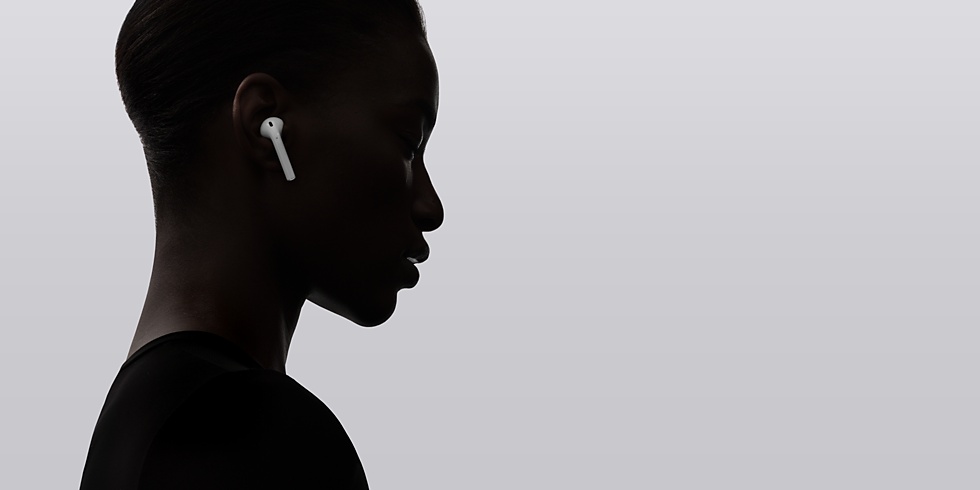Media reports suggest Apple is aggressively pursuing the creation of a non-invasive blood glucose monitor. The most obvious device to leverage this monitor may seem to be the Apple Watch; however, as we wrote two weeks ago, we think that, long term, AirPods are a more important product for Apple than the Apple Watch, because biological data available in the ear is much richer than the data available from the wrist. This makes AirPods a better candidate to be Apple’s glucose monitoring solution in the future.

Source: Apple
A recent study on wrist-worn heart rate monitors, including the Apple Watch, suggests that they offer spotty accuracy at best. The study showed that the Polar M7 chest-worn monitor has a 99% correlation coefficient to an electrocardiogram when measuring heart rate, the industry standard. The Apple Watch had the next highest coefficient at 91%, with the study noting that the accuracy decreased as exercise levels increased. While 91% accuracy may be acceptable for recreational heart rate monitoring, it’s not acceptable for blood glucose monitoring.
In a separate study, scientists tested the use of an ear-based sensor to calculate VO2 max during exercise. The study showed that the ear-based sensor had a 98% correlation coefficient to an electrocardiogram when measuring heart rate, nearly the same as the Polar M7 monitor. We believe that movement of the wrist during activity is a key factor in reducing accurate biological readings, a problem that impacts ear-based wearables significantly less. We also believe that the ear offers the possibility to collect better data, which the aforementioned study seems to confirm, and richer data, because of the semi-internal nature of the ear canal, proximity to the brain, and greater blood flow in the area.
If Apple does use AirPods to monitor glucose via the ear, they wouldn’t be the first company to try it. Integrity Applications sells a product called GlucoTrack, which uses an ear-clip device to monitor ultrasonic, electromagnetic, and thermal data to produce a blood glucose reading. Apple may be able to incorporate similar functionality into AirPods, creating a multifunction device.
Transforming medicine has long been a focus at Apple, particularly under Tim Cook. The company pioneered ResearchKit to drive forward medical research through rich patient data. Apple also created CareKit to enable developers to create better applications that help users manage their health. Developing solutions for a condition like diabetes, which affects millions of people around the world, is a next logical step. We think that step happens at the ear, not the wrist.
Disclaimer: We actively write about the themes in which we invest: artificial intelligence, robotics, virtual reality, and augmented reality. From time to time, we will write about companies that are in our portfolio. Content on this site including opinions on specific themes in technology, market estimates, and estimates and commentary regarding publicly traded or private companies is not intended for use in making investment decisions. We hold no obligation to update any of our projections. We express no warranties about any estimates or opinions we make.